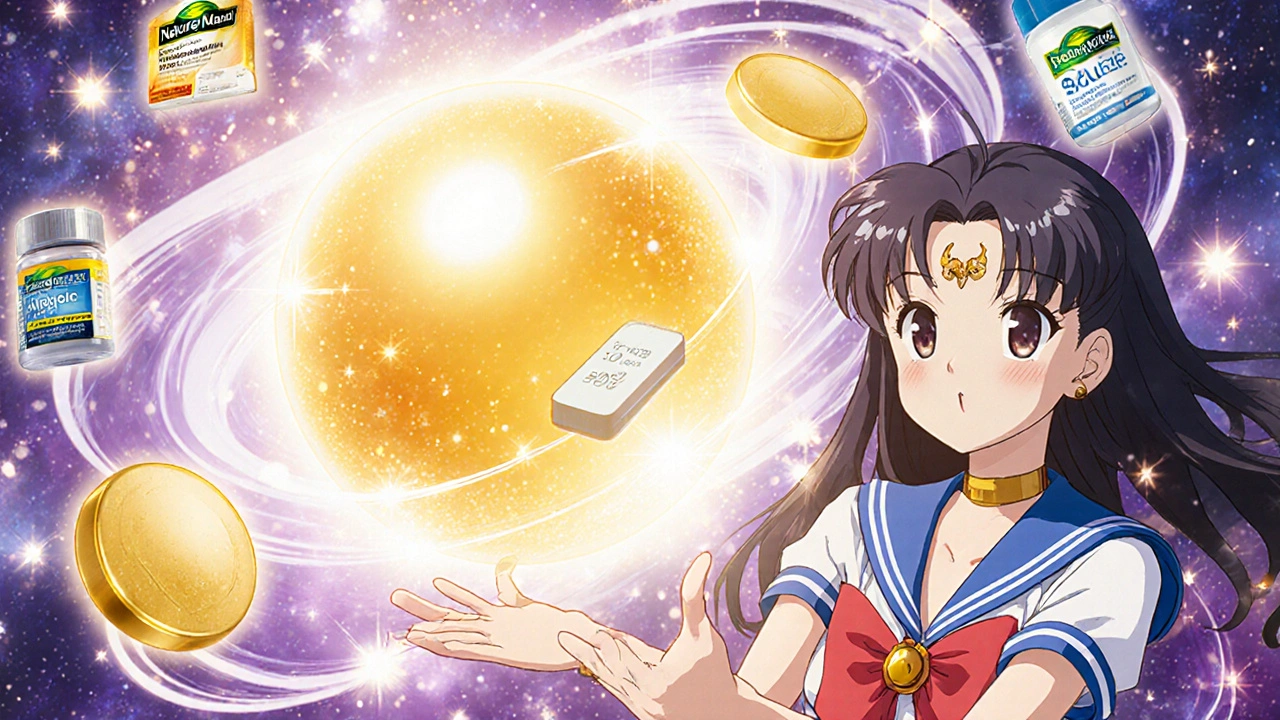Vitamin C Supplement: What It Does, Who Needs It, and What Really Works
When you think of vitamin C supplement, a water-soluble nutrient essential for immune function, collagen production, and antioxidant defense. Also known as ascorbic acid, it’s one of the most taken supplements worldwide—not because it’s a magic cure, but because your body can’t make it, and most diets don’t give you enough to thrive under stress. Unlike some vitamins your body stores, vitamin C gets flushed out daily. That’s why consistent intake matters, whether from food or a supplement.
Not everyone needs a vitamin C supplement, a concentrated form of ascorbic acid used to boost intake beyond dietary sources. If you eat oranges, bell peppers, broccoli, or kiwi regularly, you’re probably covered. But if you’re stressed, sick, smoke, or have a poor diet, your needs go up. Studies show people under physical stress—like athletes or those recovering from surgery—benefit from extra vitamin C. It doesn’t prevent colds for most, but it can shorten them by about a day. And for people with low levels, it helps reduce oxidative damage linked to aging and chronic disease.
Then there’s the antioxidant, a molecule that neutralizes free radicals and protects cells from damage angle. Vitamin C is a frontline defender against oxidative stress, which plays a role in everything from skin aging to heart health. It also helps your body absorb iron from plant foods, which matters if you’re vegetarian or have anemia. And yes, it’s involved in making collagen—your skin’s scaffolding. That’s why you see it in skincare, but taking it orally helps too, especially if your diet is lacking.
Not all dietary supplement, a product taken to add nutrients to your diet that you might not get enough of from food forms are equal. Ascorbic acid is the standard. Buffered versions (like calcium ascorbate) are gentler on the stomach. Liposomal vitamin C claims better absorption, but the evidence is thin. And don’t confuse it with rose hips or acerola cherry extracts—they’re natural sources, not necessarily better. The key is dosage: 250–500 mg daily is enough for most. More than 2,000 mg can cause diarrhea or kidney stones in sensitive people.
What you won’t find in a supplement bottle is a cure for cancer, a replacement for vaccines, or a fix for chronic fatigue. But you will find real, science-backed support for your immune system, skin, and overall resilience. The posts below cut through the hype. You’ll see what actually works for immune defense, how vitamin C interacts with other meds, why some people need more, and which forms deliver real results without the price tag. No fluff. Just what you need to know to decide if this supplement belongs in your routine.

Compare Limcee vitamin C tablets with other ascorbic acid alternatives to find the best value and form for your needs. Learn when to stick with Limcee and when to switch for better results.
Read More